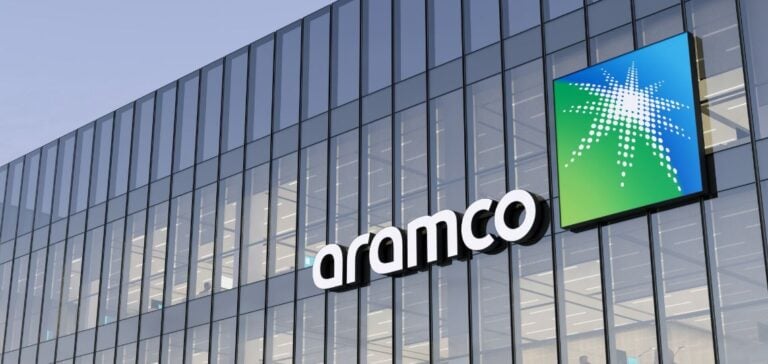Saudi Aramco, the energy giant based in Saudi Arabia, plans to expand its presence in Vietnam by investing in refining, petrochemical, and oil product distribution infrastructure. This initiative is part of a recently signed agreement with PetroVietnam, the Vietnamese state-owned oil and gas company, during the Future Investment Initiative in Riyadh. This partnership paves the way for deeper collaboration within Vietnam’s energy sector, specifically targeting the development of large-scale refining and petrochemical projects.
Aramco’s CEO, Amin Nasser, announced that a working group will soon be sent to Vietnam to explore specific opportunities under this agreement. This deployment aims to realize the ambitions of both Aramco and PetroVietnam in the energy and petrochemical sectors, as both companies align their strategies to meet the growing demands of the Asian energy market.
Aramco’s Strategic Goals in Vietnam
This partnership with PetroVietnam aligns with Aramco’s global strategy to diversify and expand its downstream activities, particularly in Asia, a critical market for its international ambitions. According to Mohammed Y. Al Qahtani, Aramco’s President of Downstream Operations, this agreement lays the groundwork for collaboration across the hydrocarbon value chain, from production to storage, distribution, and trading. Aramco’s objective is to increase its refining capacity while securing a leading role in Vietnam’s petrochemical sector.
The cooperation with PetroVietnam will cover key areas such as energy storage, distribution logistics, and oil product trading. Through this partnership, PetroVietnam also aims to strengthen its own strategic plan to increase the added value of its domestic operations.
A Partnership Within a Broader Economic Cooperation
Alongside the Aramco and PetroVietnam agreement, economic relations between Vietnam and the United Arab Emirates (UAE) were strengthened by signing a Comprehensive Economic Partnership Agreement (CEPA) on October 29. This agreement removes tariffs on 99% of Vietnamese exports to the UAE, while 98.5% of Emirati exports to Vietnam will be duty-free. The CEPA is expected to boost bilateral trade, particularly in agriculture, energy, technology, and logistics, according to Vietnam’s Ministry of Industry and Trade.
Represented by the Minister of Industry and Advanced Technology, Sultan Ahmed Al Jaber, the UAE also expressed interest in Vietnamese projects in oil storage, refining, liquefied natural gas (LNG), and renewable energy. This expanded regional cooperation reflects the strategic importance of Southeast Asia in developing energy infrastructure and hydrocarbon distribution for Gulf companies.
Aramco’s Ambitions to Reduce Emissions
As part of its sustainable growth strategy, Aramco has also announced a series of initiatives to reduce its carbon emissions while expanding its activities in crude oil, natural gas, and petrochemicals. This policy aligns with a global trend where energy companies strive to balance production growth with minimizing environmental impact.
At the Riyadh conference, Aramco also signed a contract with the UK-based company Wood for a natural gas expansion project, highlighting its commitment to enhancing its energy production efficiency. This initiative aligns with Aramco’s sustainable development goals, aiming to diversify its portfolio while integrating technologies to reduce emissions.
Strengthening cooperation between Aramco, PetroVietnam, and other Gulf partners marks a significant step in consolidating the energy value chain in Southeast Asia, a region experiencing strong growth. The ongoing initiatives could not only stimulate Vietnam’s economy but also foster greater regional integration in the energy sector.






















